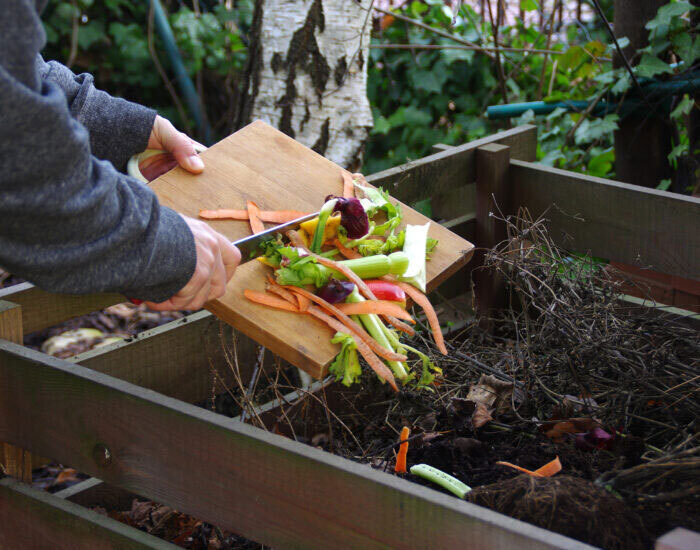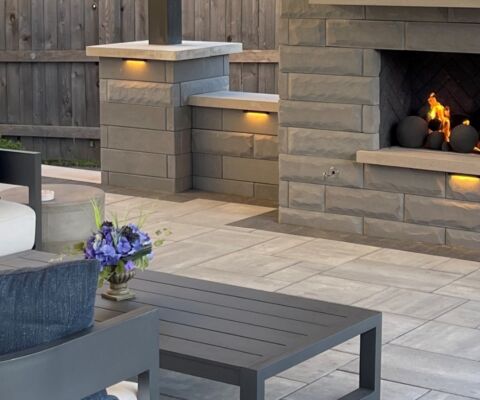May 19th, 2020
The Benefits of Composting

Compost is a mix of decomposed organic material that can be used as a plant fertilizer. Ranging from eggshells and coffee grounds to grass clippings and produce scraps, these materials break down into a soil-like state. At-home composting is a great way to reduce food waste while also keeping your yard and garden healthy.
Compost is intended to enrich soil without the use of chemicals. By adding nutrients and maintaining moisture more effectively, it ultimately gives plants a better environment in which to grow. It’s free, easy to make, and good for the environment.
Additionally, composting reduces overall waste. Food scraps and yard waste combined make up more than 28% of what we throw away. By breaking down these products instead, you’re actively diverting methane-producing organic materials away from landfills.
There are three basic types of ingredients required for a successful compost:
Browns- includes dead paper, napkins, dead leaves, branches, and twigs
Greens- includes grass clippings, fruit and vegetable scraps, bread and coffee grounds
Water- excess water
When put together, these three ingredients can have lasting effects on any type of landscaping. Although saving rotting scraps might sound gross, helping food break down is actually a lot easier than you would think. Just follow these simple steps:
- Find a dry, shady spot near a water source for your compost pile or bin. If you have room in your backyard, a 3x3 ft space is ideal.
- Add the right mix of materials. Your compost should be made up of 2/3 brown ingredients and 1/3 green ingredients, all in tiny pieces.
- Add water as materials are added. It is essential that your mix is always moist to help break down organic matter.
- Let the rot set in. It can be helpful to turn the pile every few weeks to aerate the decomposing materials and speed the process to completion.
- Wait until it is ready. You will know your compost is complete when it has a musty, earthy smell and the individual items are unrecognizable.
- Use your mix for planting a garden, dump some around trees, or even sprinkle it on your lawn. It can be valuable in all areas of your landscape.
As of 2018, around 5,560 community composting programs in the United States were documented by the EPA. This number continues to grow as people begin to realize the benefits of composting both on the environment and in their own backyard. Help to eliminate landfill waste by starting your own compost today.




